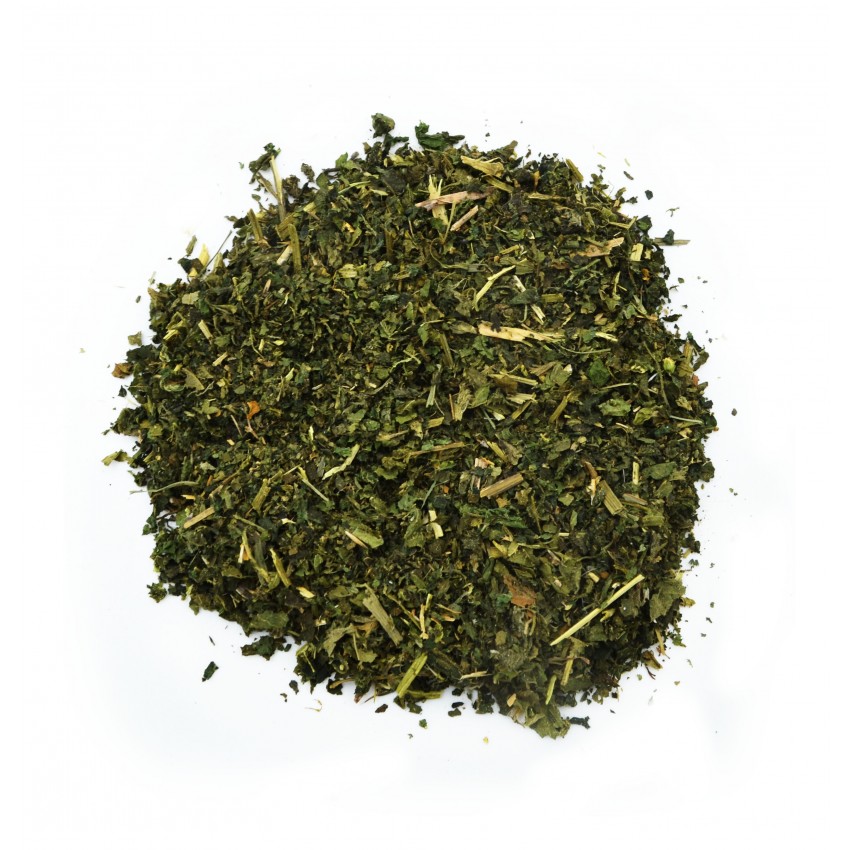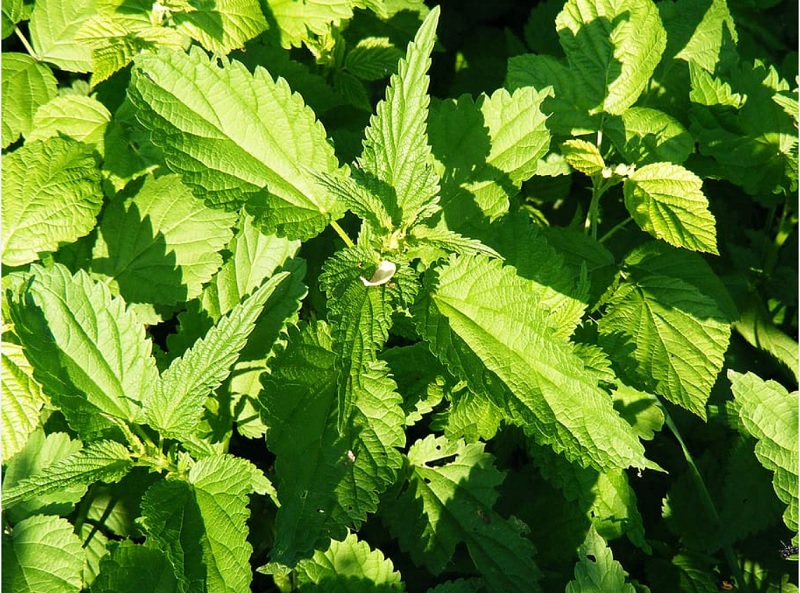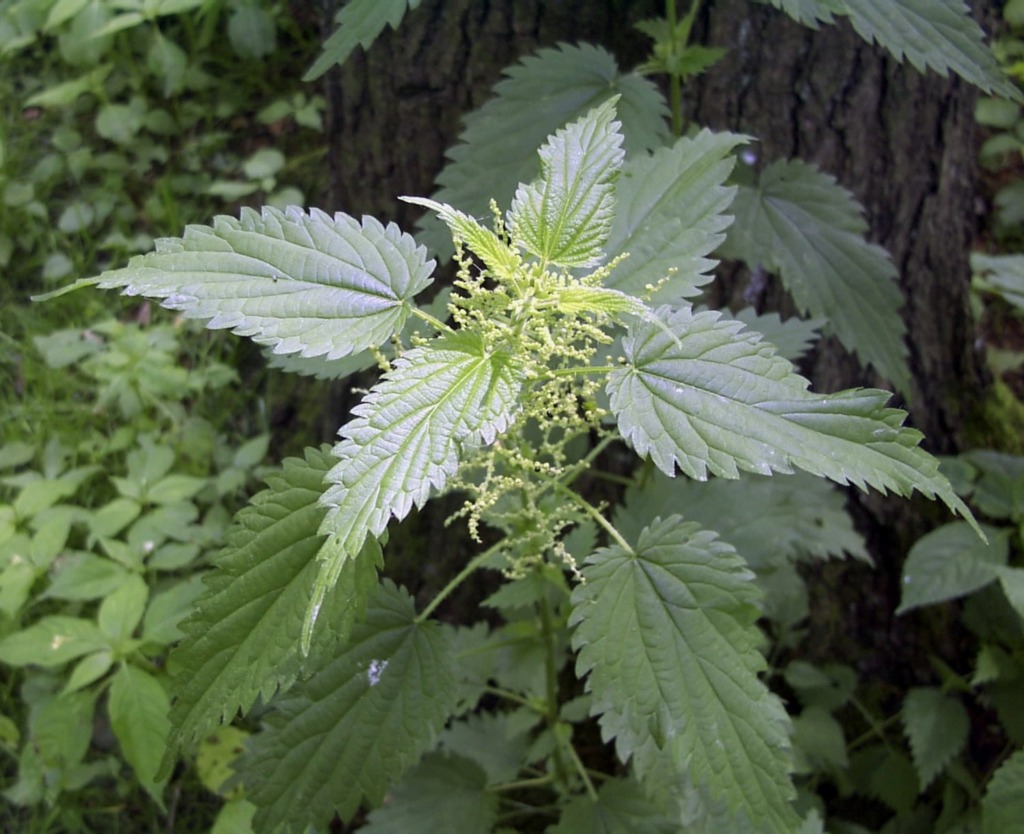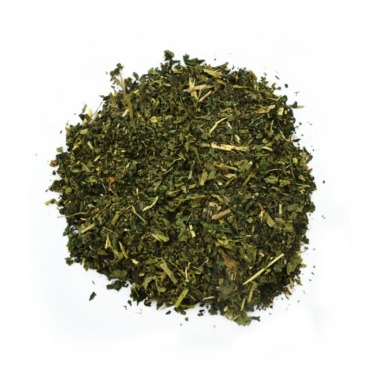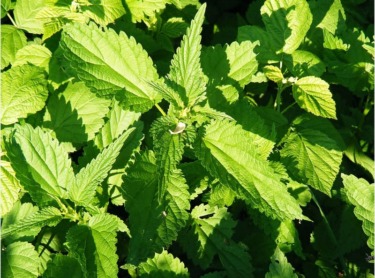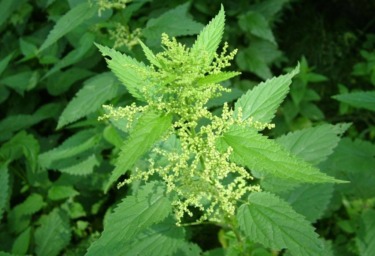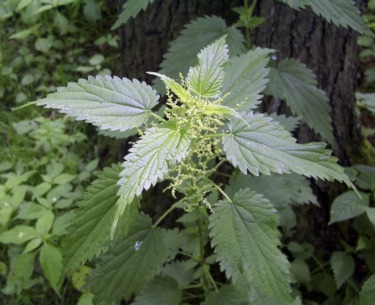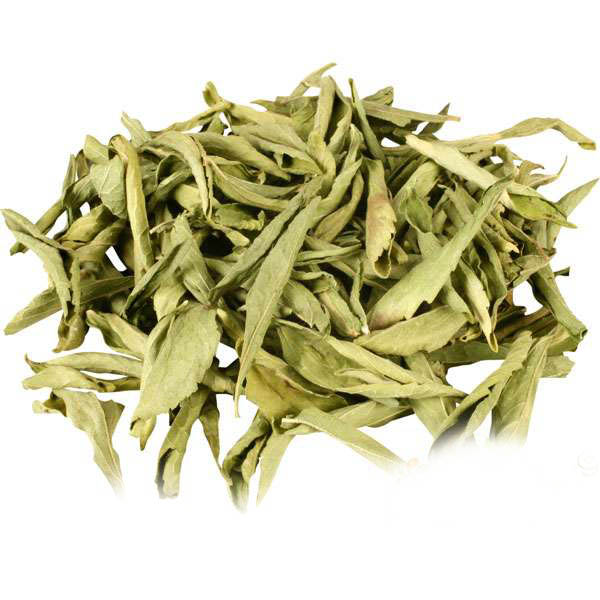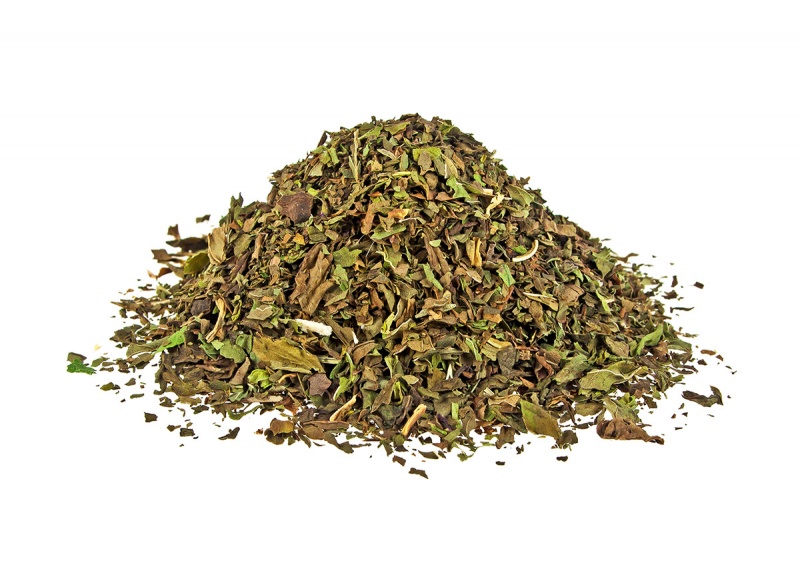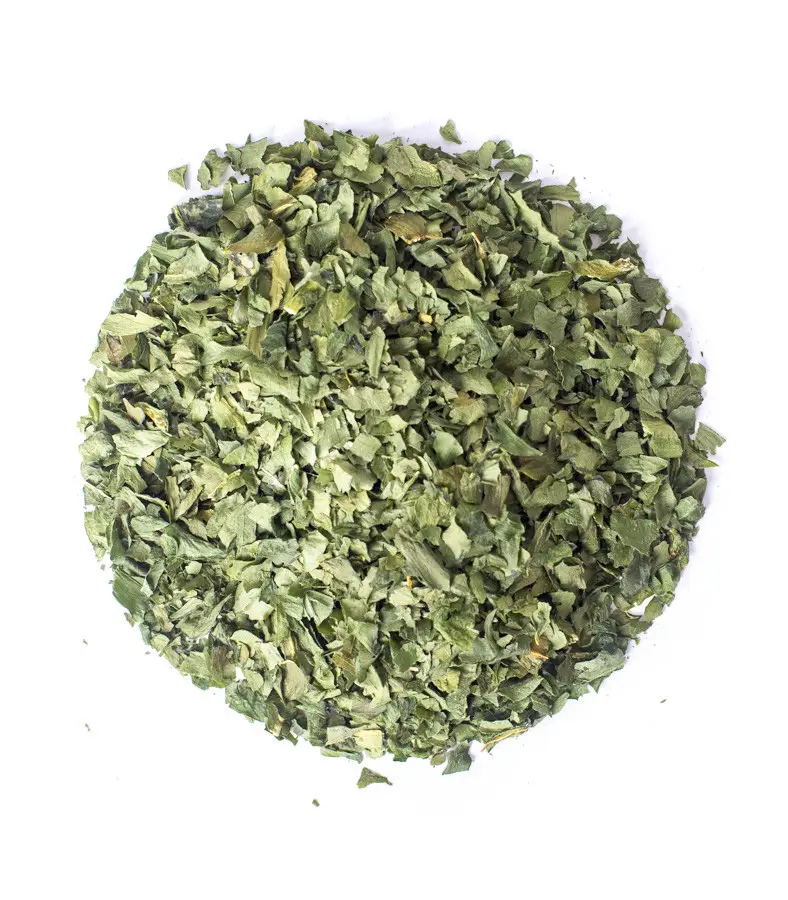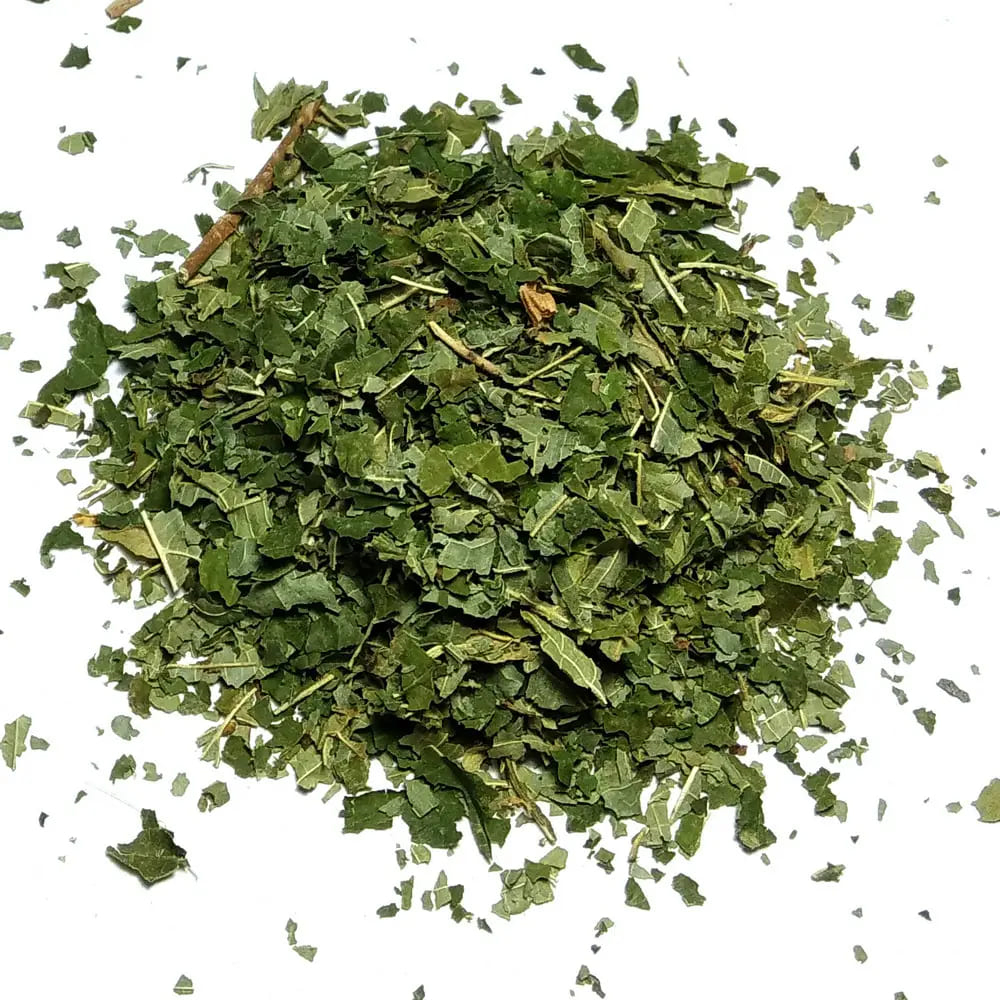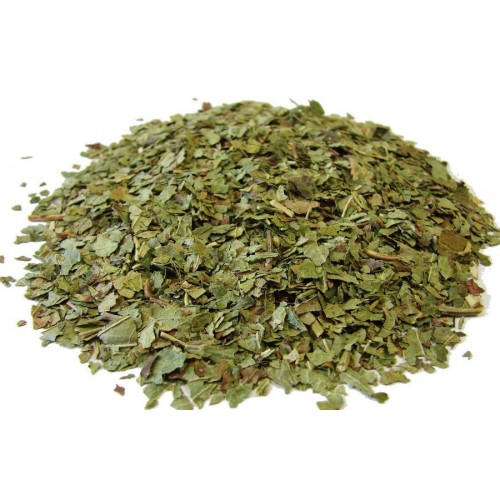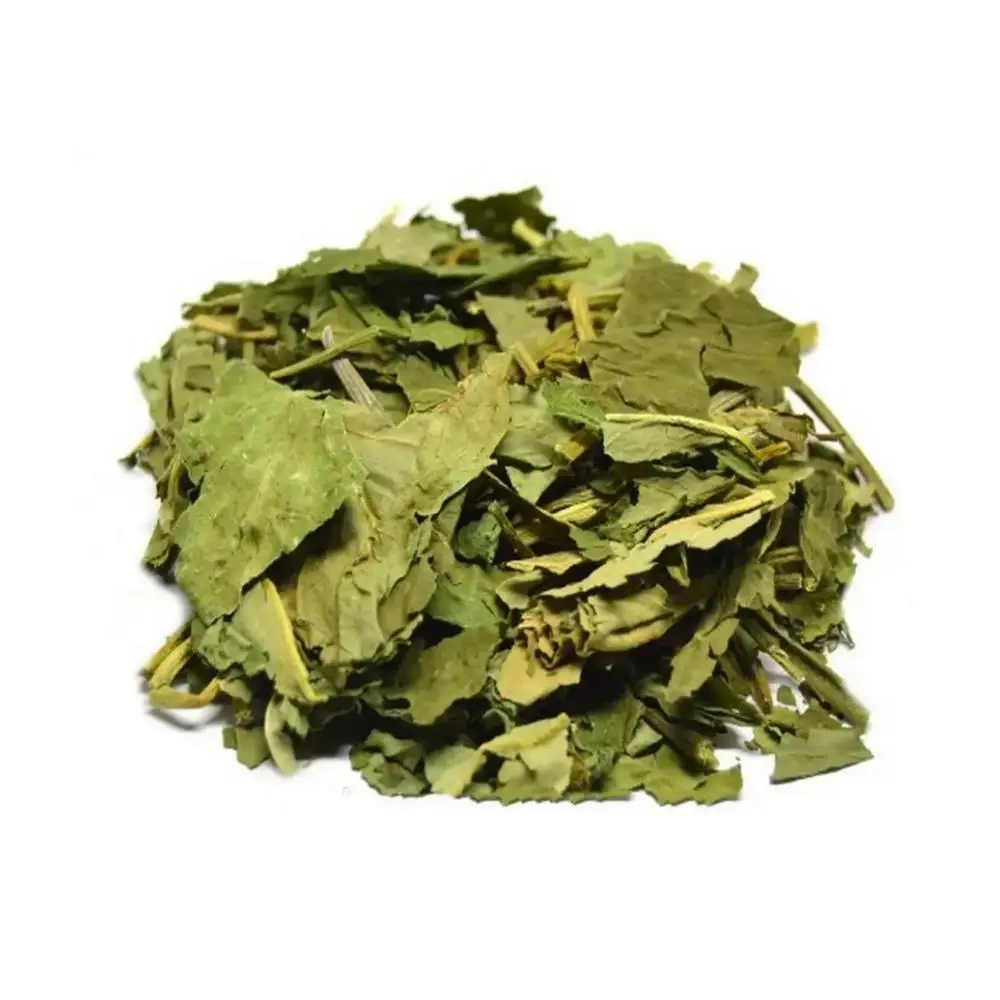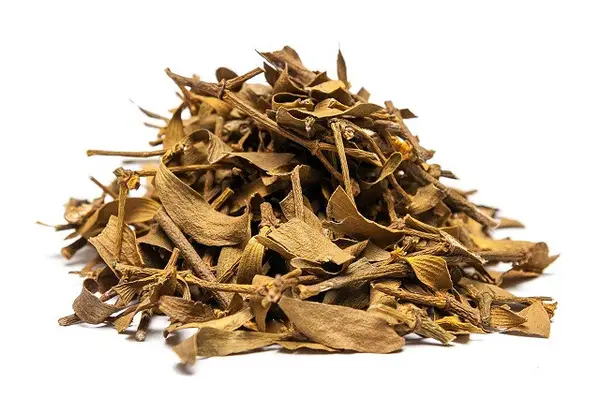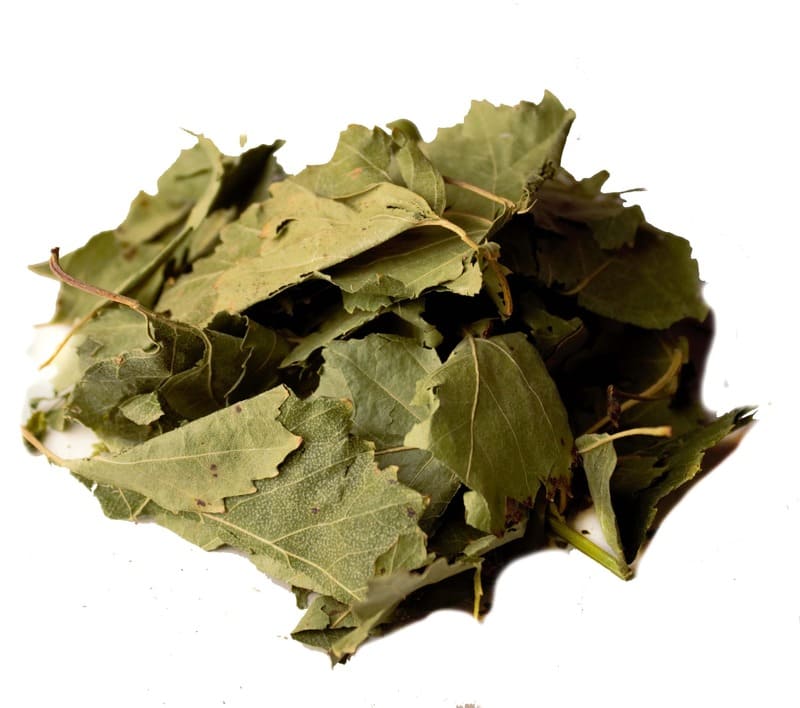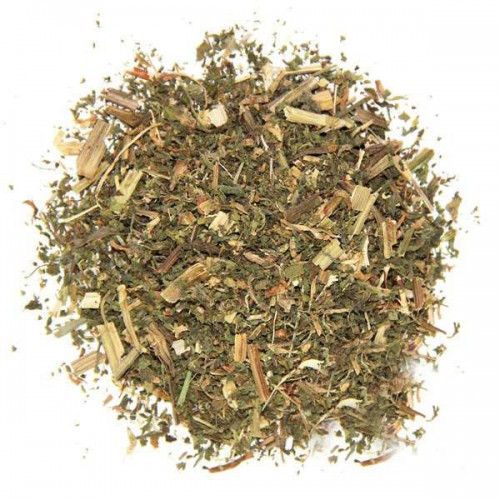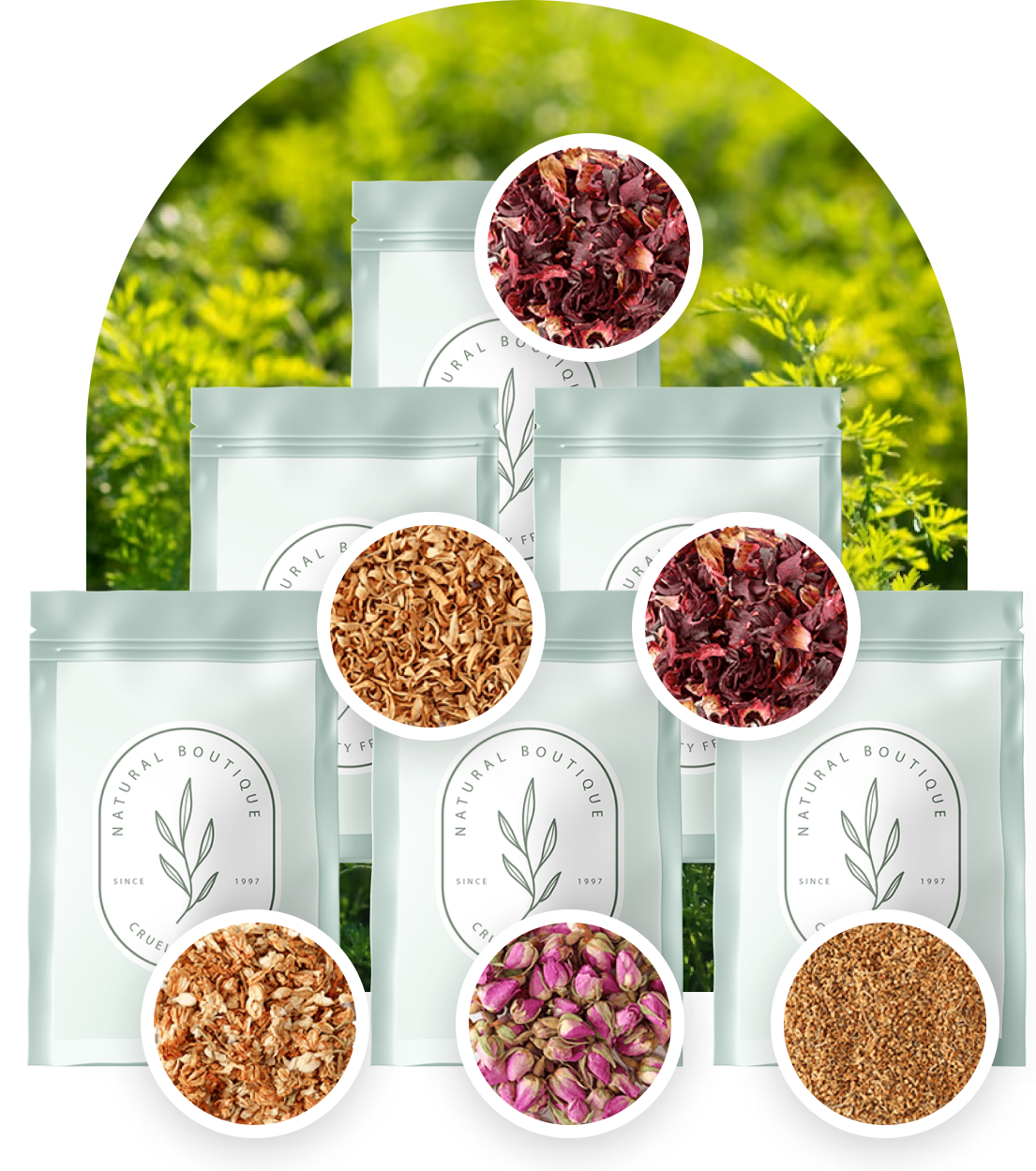The use of nettle in medicine is mainly related to its ability to stop bleeding. Preparations based on the plant’s leaves are used to control heavy bleeding in women during menstruation and menopause. Doctors strictly control the use of plant materials for the treatment of various gynecological diseases. Nettle-based medicines are also used to stop nosebleeds. In addition, nettle is used to support liver and biliary tract health.
Nettle leaves are also used in the treatment of skin diseases. The combination of anti-inflammatory effect of the drugs with antibacterial properties allows them to be used for external treatment of eczema, purulent wounds, rashes, boils and other skin problems. Nettle-based medicines can help prevent hair loss and treat seborrhea. Nettle is also used in the treatment of rheumatism.
Nettle preparations are popular in dentistry for the treatment of periodontitis and gingivostomatitis, where they are used as a means to stop bleeding and fight bacteria. Decoctions and tinctures of nettle leaves can also be useful in the treatment of sore throat.
The main beneficial properties of nettle are its ability to stop bleeding and cause a vasoconstrictor effect. This is due to the presence of vitamin K in the plant, which promotes the formation of prothrombin. Due to this, nettle-based preparations are used to stop bleeding in the gastrointestinal and gynecological tract. Nettle is also included in the composition of preparations intended for the treatment of liver and gallbladder diseases, rheumatism and gout. In addition, it is used as a diuretic.
